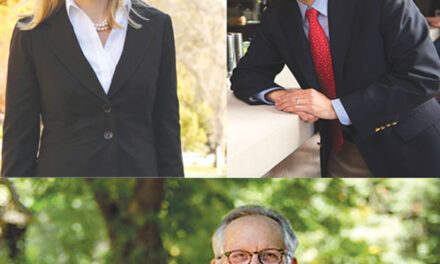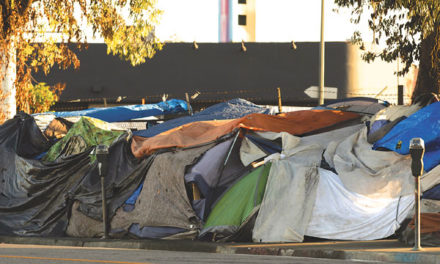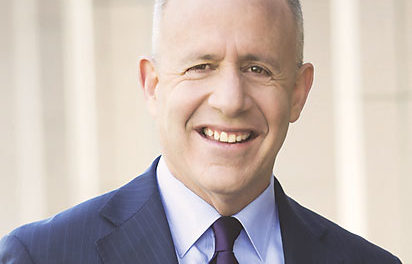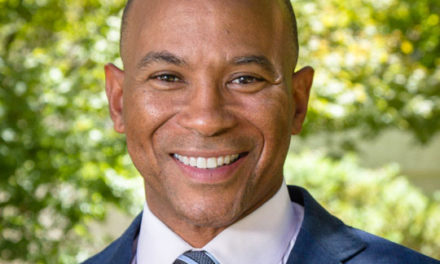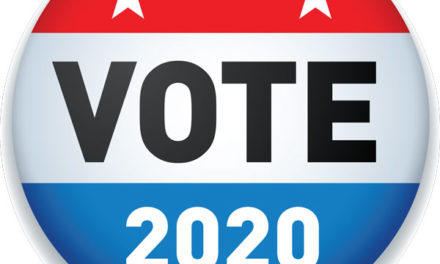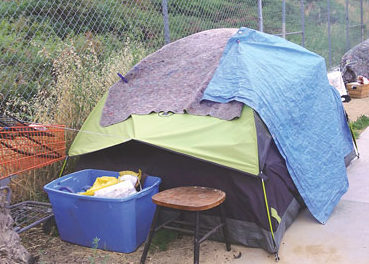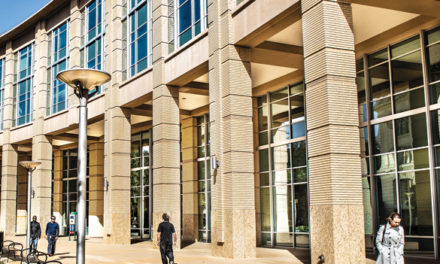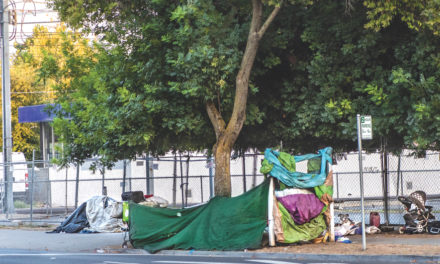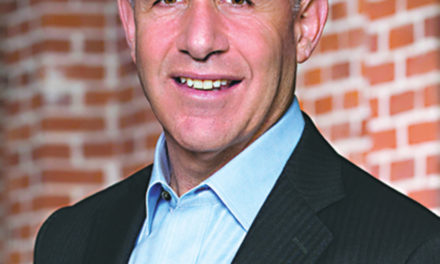Compromise Budget
City Council finds path to support $1.2 billion plan
By Cecily Hastings and Bob Graswich
June 2019
A unanimous Sacramento City Council adopted a $1.2 billion budget for fiscal year 2019-2020 on June 11. While all nine members endorsed the budget, the final document included three significant amendments by Mayor Darrell Steinberg and words of warning from Councilmember Jeff Harris.
The new budget starts July 1 and is the first funding plan that includes revenue from the 1-cent sales tax, Measure U, passed by voters last November.

Harris, who represents East Sacramento, River Park and South Natomas, criticized the process where the mayor creates a unilateral list of priorities beyond the budget proposed by City Manager Howard Chan and the city’s finance team.
Former Mayor Kevin Johnson created the “priority” memo precedent in an attempt to take control of the budget.
Harris called the process “a food fight,” and said the city must improve its methods for allocating money across the city, and not just among neighborhoods and organizations than speak the loudest or gain the mayor’s favor.
“There’s a lot of good in this budget,” Harris said. “But if we’re going to talk about equity and inclusivity, it has to be the whole city, it can’t be minus one-fifth of the city.”
The reference was to Steinberg’s decision to ignore funding requests for projects in neighborhoods represented by Harris and Councilmember Angelique Ashby after they publicly criticized the mayor’s plan to issue bonds against Measure U revenue.
Ashby and Harris feared the mayor’s bonding plan, which is essentially a loan taken by the city, could bankrupt Sacramento in a recession.
The controversial Steinberg amendments include a request to set aside $40 million in Measure U money for disadvantaged neighborhoods in each of the next five years, totaling $200 million. The City Council will have the option to vote each year to revoke the allocation or change the amount.
Within the $40 million set aside in the first year, the city will make a bond payment of between $7 million and $8 million, and receive $125 million upfront. After at least a year, the council could issue another 30-year bond to get another $125 million.
Under Steinberg’s plan, the city will pay up to $16 million annually for about 30 years to repay its debt. The city would pay roughly $425 million over the 30 years to receive the $250 million, estimated city debt manager Brian Wong.
Steinberg originally wanted the city to accept higher debt payments in exchange for more cash. After Harris and Ashby voiced concerns, Councilmember Steve Hansen proposed a compromise that lowered the city’s risk and provided safeguards, such as placing more money in the city’s “rainy day” reserve and setting a city debt limit.
The city plans to spend about $100 million of the bond revenue to build affordable housing, $100 million on economic development, and $50 million on facilities such as parks, libraries and fire stations.
The budget includes funding for 21 projects totaling about $16 million in surplus in six council districts, excluding the Harris and Ashby communities.
The allocations include $1.3 million to restore the Iceland skating rink in North Sacramento; $1.9 million for new baseball and soccer fields in North Sacramento; $1.3 million to expand “pop up” activity nights for teens; and $2.03 million for a bike trail in Pocket/Greenhaven.
The budget also includes $2.2 million for increased funding for artists and arts organizations, including “creative economy” grants administered by the Sacramento Metropolitan Arts Commission, arts education and youth-focused art projects.
While Steinberg’s priority list dismissed projects in Ashby’s and Harris’ districts, both voted for the budget, partly because the council promised to consider a funding plan for an estimated $14 million for the North Natomas aquatics center and a package of projects for Gardenland and Northgate in the next 90 days. The projects are located in the two councilmembers’ districts.
Harris said Steinberg promised to work together over the next several weeks to help fund the projects. “I want the city to move forward,” Harris said, before voting to approve the budget.
Harris characterized the budget process as unwieldy and unfair, with groups begging and cajoling the council for money. He asked his colleagues to create a framework to guide two citizens’ advisory committees that will advise the council on spending roughly $32 million in new Measure U revenue throughout the year.
“We need a better process to determine how we allocate resources in this city,” Harris said. He criticized the informal process where the mayor writes a memo of “priorities” to supplement the city manager’s budget.
The budget contains about $23 million proposed by Chan’s office for new projects and programs, including 149 new full-time city employees in homeless services, public safety, economic development, youth programming and other core city services.




